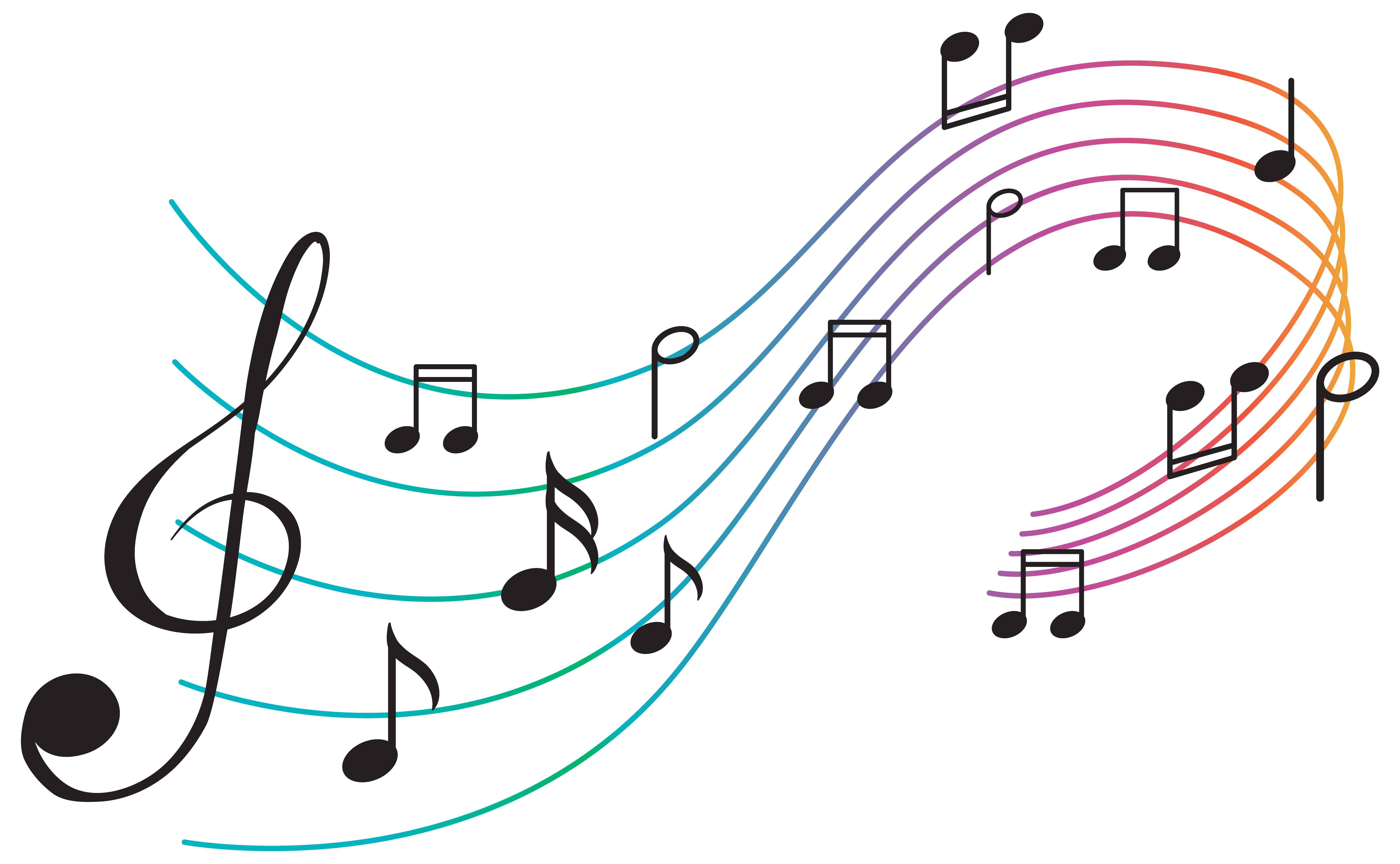Science Facts About Music
Do you ever wonder why music has such a profound effect on your mood and emotions? Or how playing an instrument can improve your cognitive abilities? The science behind music is fascinating, and studying it can provide us with a deeper understanding of our relationship with sound.
In this article, we will explore the science facts about music. We will delve into the psychology of music perception, the physical effects of music on the body, and the neuroscience of music and emotion.
Additionally, we will examine how playing an instrument can benefit your memory and cognition, as well as the impact that music has on mood and behavior.
Finally, we will discuss how sound can be used in therapy to heal and relax individuals. So sit back, relax, and let's dive into the wonderful world of scientific research on music.
The Psychology of Music Perception
Get ready to have your mind blown: our brains are wired to process music in a way that can evoke powerful emotions. The psychology of music perception is a fascinating topic that explores how we perceive, interpret, and respond to music.
Studies show that when we listen to music, our brain releases dopamine - the same chemical released during sex and eating - which explains why we feel pleasure when listening to our favorite songs.
Moreover, research has shown that different types of music can affect our moods and emotions differently. For example, listening to sad songs can make us feel more introspective or reflective while upbeat songs can increase energy levels and make us feel happy or excited.
Understanding the psychology of music perception helps explain why certain songs speak to us on a deeper level than others.
The physical effects of music on the body also play an important role in how we experience music.
The Physical Effects of Music on the Body
Listening to certain types of music can have a significant impact on our physical well-being, including reducing stress levels and improving cardiovascular health. Studies have shown that listening to calming music can lower blood pressure and heart rate, as well as decrease levels of the stress hormone cortisol. This is because calming music has been found to activate the parasympathetic nervous system, which helps the body relax and recover from stress.
In addition to its effects on stress and cardiovascular health, music has also been found to have pain-reducing properties. One study found that patients who listened to their favorite music before undergoing surgery reported significantly less pain than those who did not listen to any music. Music has also been used in therapy for chronic pain sufferers with positive results.
These physical effects of music on the body demonstrate just how powerful a tool it can be for improving overall health and wellness.
Music's ability to affect our emotions and mood goes beyond just its physical effects on the body. The next section will explore how science explains this connection between music and emotion.
The Neuroscience of Music and Emotion
The brain's response to music can be explained by the unique way in which it processes and interprets auditory stimuli. When we listen to music, our brains respond by releasing neurotransmitters like dopamine and serotonin, which are associated with feelings of pleasure and happiness.
Studies have shown that certain types of music can activate different areas of the brain, leading to a powerful emotional experience that can transport us to another time or place.
Furthermore, research has found that listening to music can also affect our emotions on a physiological level. For example, slow tempo music can decrease heart rate and blood pressure while fast tempo music can increase them. This suggests that the connection between music and emotions is not just psychological but also physical.
Understanding how our brains respond to different types of music can help us harness its power for positive effects on our mental health and wellbeing. Now let's explore another fascinating aspect of the relationship between music and the brain: its impact on memory.

Music and Memory: The Cognitive Benefits of Playing an Instrument
Playing an instrument can enhance your cognitive abilities and improve your memory. Research has shown that playing music engages multiple areas of the brain and strengthens neural connections.
When you play an instrument, you have to use both hands simultaneously, which requires coordination and dexterity. This activates the motor cortex in your brain, which is responsible for movement.
Playing an instrument also requires attention and concentration, as well as creativity and problem-solving skills. All of these factors combined make playing an instrument a great way to exercise your brain and improve cognitive function.
When you read sheet music or memorize a song, you are using your working memory and strengthening it.
Beginner friendly instruments are the piano, guitar, ukulele and drums. The guitar is probably the most popular one, having the fact it is widely used in the modern music and there are different types of guitars that will suit any taste. Also, there are plenty of online resources related to guitar learning, playing and maintenance.
Example of such website is riff-mag.com where you can learn everything related to guitars – from the very basics stuff like how to position your fingers on the guitar to how to restring it.
As we've seen, there are many cognitive benefits to playing an instrument. But did you know that music can also impact our mood and behavior?
The Impact of Music on Mood and Behavior
It might seem surprising, but simply incorporating music into your daily routine can have a significant impact on your mood and behavior. Don't believe me? Keep reading!
Multiple studies have shown that listening to music can help reduce stress levels, improve focus and concentration, boost productivity, and even enhance communication skills. Music can also affect our emotions by triggering the release of dopamine, a neurotransmitter associated with pleasure and reward. This is why we often feel uplifted and energized when we listen to upbeat songs or relaxed and calm when we listen to slower melodies.
Moreover, playing an instrument or singing can have even more powerful effects on our mental health. Research has found that making music helps reduce anxiety and depression symptoms, improves memory function, enhances cognitive abilities such as spatial-temporal skills, and increases self-esteem.
It's never too late to start learning an instrument or joining a choir - the benefits are countless! Now let's explore how music therapy uses sound to heal and relax without skipping a beat.
Music Therapy: Using Sound to Heal and Relax
Now that you've learned about how music can impact your mood and behavior, let's explore the therapeutic benefits of sound.
Music therapy is a form of treatment that uses music to promote physical, emotional, and mental health. This type of therapy can be beneficial for individuals with a variety of conditions, including anxiety, depression, chronic pain, and dementia.
Music therapists use different techniques to help their patients relax or engage in positive behaviors. They may guide patients through listening exercises or encourage them to play instruments as a way to express themselves.
Some studies have shown that music therapy can lower blood pressure, reduce stress hormones in the body, and improve overall quality of life for those who participate. By using sound as a tool for healing and relaxation, music therapy offers an alternative approach to traditional forms of treatment.
As we delve into the evolutionary history of music and its importance in human culture, it's important to recognize the role that music plays in our daily lives. From ancient rituals to modern-day concerts, humans have used music as a means of expression and communication for thousands of years.
Let's explore how this art form has evolved over time and why it continues to hold such significance in our world today.
The Evolutionary History of Music and Its Importance in Human Culture
Throughout history, humans have utilized the power of sound to connect with each other and express themselves, leading to the evolution of music as a significant aspect of human culture.
The earliest known musical instruments are believed to be bone flutes discovered in Germany that date back 43,000 years.
Music has been an integral part of various cultures and civilizations since then, with evidence found in ancient Egyptian hieroglyphics depicting musicians playing harps and lutes.
Music has also played a crucial role in human evolution, helping early humans communicate and bond through rhythm and melody. Researchers suggest that music may have even contributed to the development of language by providing a structured way for our ancestors to convey emotions and ideas.
Today, music continues to hold immense cultural significance, with different genres and styles reflecting diverse traditions, beliefs, and values across the world.
Conclusion
Congratulations, you've just learned some fascinating science facts about music!
From the psychology of music perception to the physical effects of music on the body, there's no denying that music has a powerful impact on our lives.
Did you know that playing an instrument can actually improve cognitive function and memory retention? Or that listening to certain types of music can alter your mood and behavior?
But perhaps one of the most interesting statistics about music is its evolutionary history.
Scientists believe that humans have been making music for at least 40,000 years - longer than we've been writing or using language!
This suggests that music played an important role in early human culture, possibly serving as a way to communicate emotions or even as a form of social bonding.
So next time you're tapping your foot to your favorite song or feeling relaxed after a soothing melody, remember all the amazing things science has taught us about this incredible art form.
Whether it's healing through sound therapy or simply enjoying the emotional benefits of listening to your favorite tunes, there's no doubt that music will continue to play an important role in our lives for generations to come.
